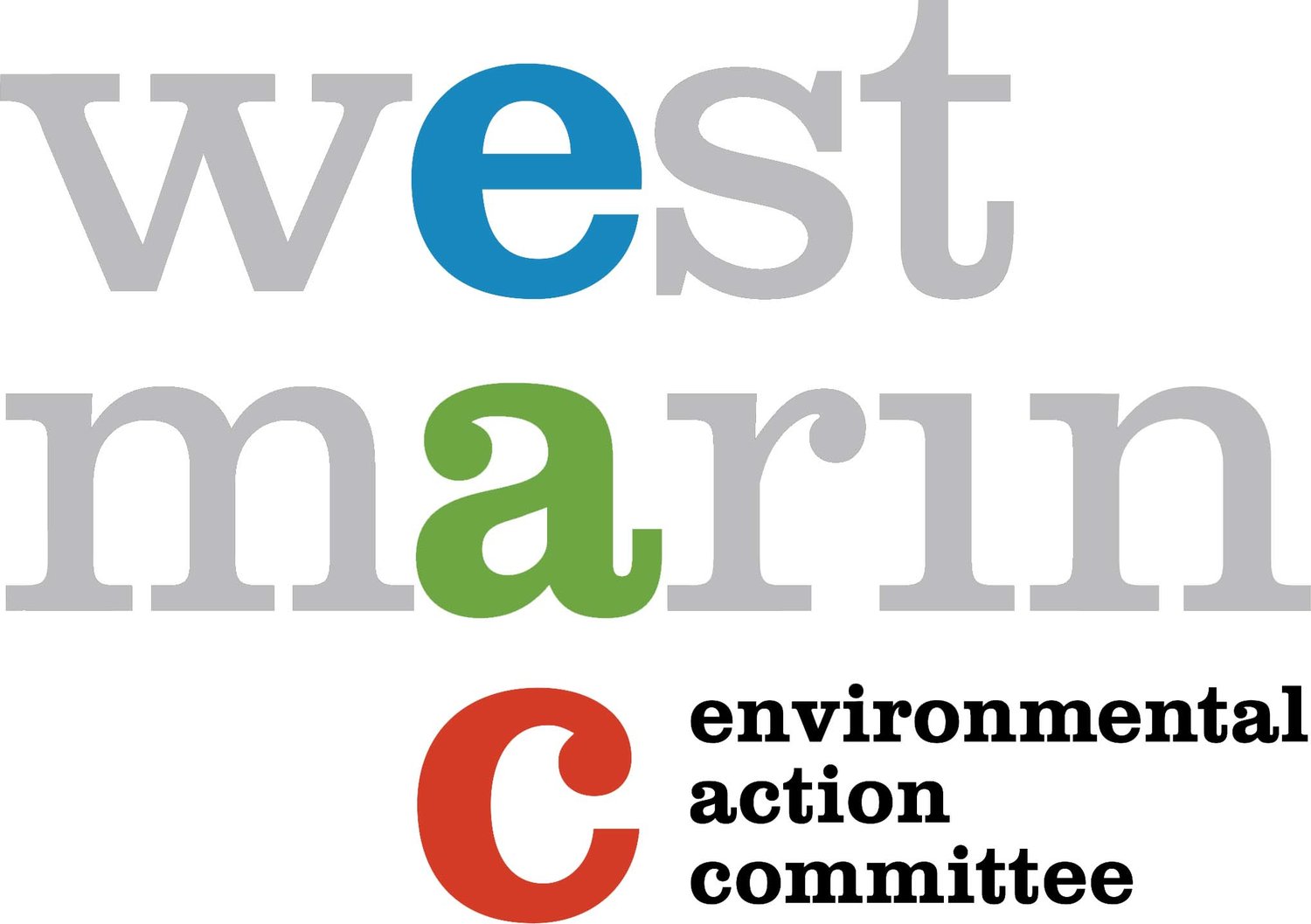Stinson Beach Parking Lot, April 10, 2018 (following storm). © David Wimpfheimer
The Marin County Board of Supervisors voted unanimously to approve Local Coastal Program amendments 1, 2, and 6. They did not approve amendments 3 (agriculture) and 7 (definitions). This is consistent with the Marin County Community Development Agency (CDA) staff recommendations.
The CDA presented three options to the supervisors to consider ahead of the vote:
1) Accept the LCP (without environmental hazards,
2) Reject the LCP,
3) Accept amendments 1, 2, and 6; and return to the coastal commission to review nine problematic areas in amendments 3 and 7 and then to update environmental hazards.
Several voices from the agricultural community and areas of Stinson Beach and Marshall attended and presented testimony either asking for the entire LCP Update to be rejected, going back to the 1981 LCP or supporting the CDA staff's recommendation.
The CDA staff and all of the supervisors acknowledged the discontent and frustration of the public who called for the rejection of the LCP Update. The CDA staff told the supervisors that they do not want to give up on the last ten years of work and believe that they can get the LCP updated. The timeline in the staff presentation indicated that the staff would finalize amendments 3 and 7 before the end of 2018 and plan to work on environmental hazards in 2019.
Supervisor Rodoni made the motion indicating that the environmental hazards chapter is important, reiterating the overall sentiments of EAC that emphasized our need to move the process forward, so we can focus on hazards. Supervisor Rodoni also mentioned that this was the middle, not the end of the process.
EAC submitted comments in advance and presented testimony at the meeting, requesting the board accept all of the LCP amendments (except for environmental hazards, which was delayed in November 2016) and highlighting these four points:
1) Do not discard a decade of public work.
Marin County embarked on an ambitious process to amend the entire LCP in 2008. Over that time the decade long effort has involved multiple stakeholders, agencies, and community members who participated in the public process. The LCP Update is not perfect, it needs adjustment. Those adjustments may come later through a simpler amendment process. If the LCP Update is discarded, then it would be fair to say it is out of date and the entire process should begin anew.
2) The LCP amendments are interconnected.
The LCP amendments were approved by the Coastal Commission as an interconnected package, and it is extremely fraught to take a piecemeal approach to accepting or rejecting the amendments. EAC is concerned that accepting certain Land Use Plan (LUP) amendments without accepting the companion Implementation Plan (IP) amendments ignores the Commission's standard of review.
The July 2017 Coastal Commission's revised findings state,
"The standard of review for the proposed LUP amendment is the Coastal Act and the standard of review for the proposed IP amendment is whether it is consistent with and adequate to carry out the LUP with suggested modifications."
3) Our coastal zone needs planning tools to adapt to climate change.
If the LCP amendments are not accepted, the 1981 Certified LCP remains in effect. This will have significant impacts on West Marin's coastal resources. On face value, this sounds like an excellent idea, as the Certified LCP is a forward-thinking document that has allowed for a balanced approach to coastal zone development and allowed our coastal communities to prioritize a vision for the future to provide maximum protection of ecological resources.
Unfortunately, 37 years ago climate change was unforeseen and the Certified LCP lacks appropriate planning tools to cope with development in the Coastal Zone and flood areas. For example, Unit I of the Certified LCP prohibits development in the 100-year flood plain of Easkoot Creek, therefore impacted property owners are severely limited in adapting to climate change and flooding. We are already seeing the impacts of climate change through more severe storms and flooding incidents.
4) Environmental hazards and C-SMART must be prioritized.
There is an urgent need for Marin County to complete the LCP amendment and start work on the environmental hazards sections of the LCP in order to align with the important and good work of the C-SMART program.
In February 2018, the Board of Supervisor's approved the CDA's request to submit an application for funding to conduct a feasibility study for a nature-based green infrastructure project. EAC is supportive of such projects (read our most recent C-SMART comment letter), but we question the usefullness when the County's own coastal land use plan doesn't acknowledge that climate change and sea-level rise is happening.
In short, sea-level rise will not wait for the County or Commission to act. This process needs to move forward before there are significant impacts that will harm our coastal resources.
Press:
4/27/18: Marin IJ "West Marin: progress made on new rules for coast"
4/26/18: Point Reyes Light "County approves portions of LCP"



